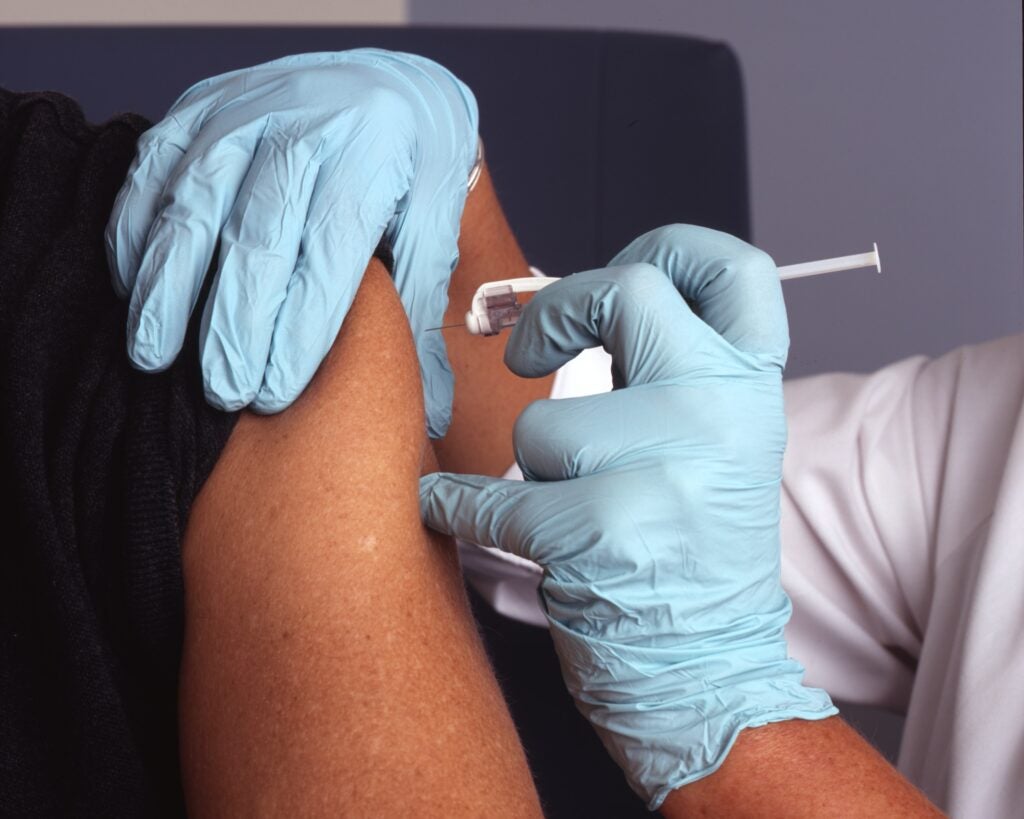Could Text-Based Nudges Boost Flu Vaccine Uptake?

What kind of text — from your doctor’s office or your pharmacy — might nudge you to get your flu vaccine?
This was a question explored in two new mega studies looking at text-based nudges by the Behavior Change for Good Initiative (BCFG) and the Penn Medicine Nudge Unit, which both include CHIBE affiliates.
One of the studies involved over 47,000 participants and tested 19 different nudges within Penn Medicine and Geisinger health systems. They found that certain texts that were sent prior to a visit to a primary care provider could increase vaccination rates by up to 11%. The most successful kinds of nudges were those framed as a reminder to get the flu shot — and specifically that it was already reserved for the patient — and those that had a tone patients expected from their health care provider. Two text-based reminders prior to their appointment, with a note that the shot was reserved for them, were the most effective.
“This successful script could be used as a template for campaigns to encourage the adoption of life-saving vaccines, including against COVID-19,” the study authors wrote.
The other mega study was with Walmart and involved 22 text-based nudges going out to over 700,000 Walmart pharmacy patients.
“We demonstrate that the best behaviorally informed messages can increase pharmacy vaccination rates by up to 8.3% compared to the least effective messages over a roughly one month follow-up period,” the study authors found.
This study also found that the most effective messages were those that reminded patients that a flu shot was waiting for them.
These two studies were led by Co-Director of BCFG and CHIBE affiliate Katy Milkman, PhD, and involved many other CHIBE affiliates and leadership members such as Mitesh Patel, MD, MBA, MS; Alison Buttenheim, PhD, MBA; Kevin Volpp, MD, PhD; Gretchen Chapman, PhD; Leslie John, PhD; Silvia Saccardo, PhD; Maurice Schweitzer, PhD, MA; and Angela Duckworth, PhD, MA, MSc; among other authors.
Read the Wharton press release here, and find Penn Today’s story here. Fortune also covered these studies: “Wharton researchers think a specific text message could be key to getting more people vaccinated.”